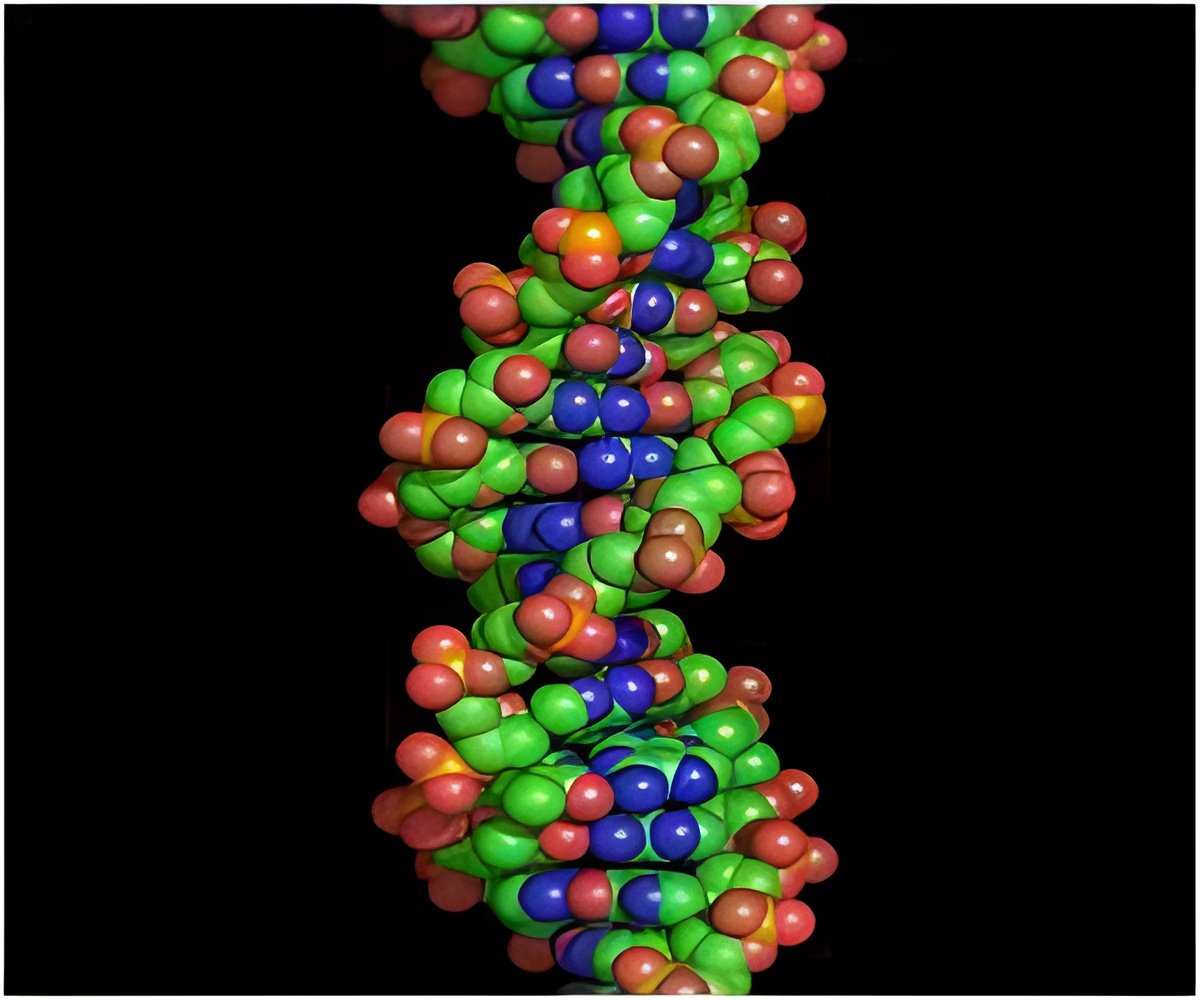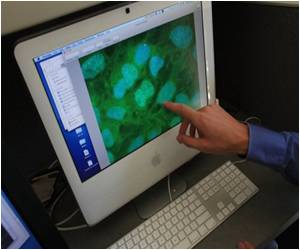New researchs has shown that copper can prevent horizontal transmission of genes, which has contributed to the increasing number of antibiotic-resistant infections worldwide.

The newly-published paper, which appears in the journal mBio, shows that while HGT can take place in the environment, on frequently-touched surfaces, such as door handles, trolleys and tables, which are made from stainless steel – copper prevents this process from occurring and rapidly kills bacteria on contact.
Lead author Professor Bill Keevil, Chair in Environmental Healthcare at the University of Southampton, explains: "Whilst studies have focussed on HGT in vivo (an experiment that is done in the body of a living organism), this work investigates whether the ability of pathogens to persist in the environment, particularly on touch surfaces, may also play an important role. Here we show prolonged survival of multidrug resistant Escherichia coli and Klebsiella pneumoniae on stainless steel surfaces for several weeks. However, rapid death of both antibiotic-resistant strains and destruction of plasmid and genomic DNA was observed on copper and copper alloy surfaces, which could be useful in the prevention of infection spread and gene transfer."
Source-Eurekalert










